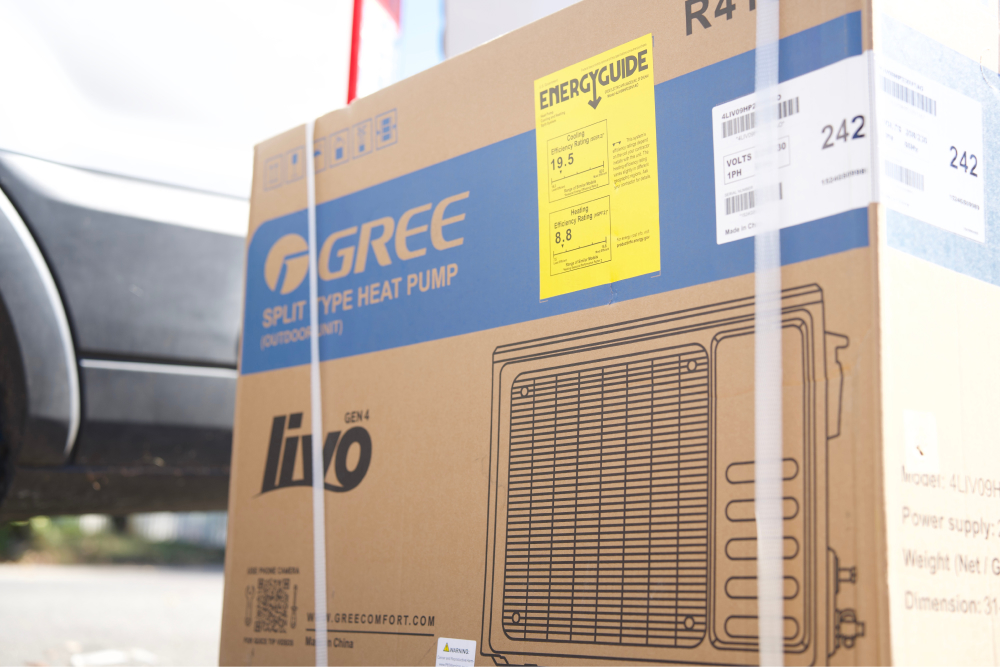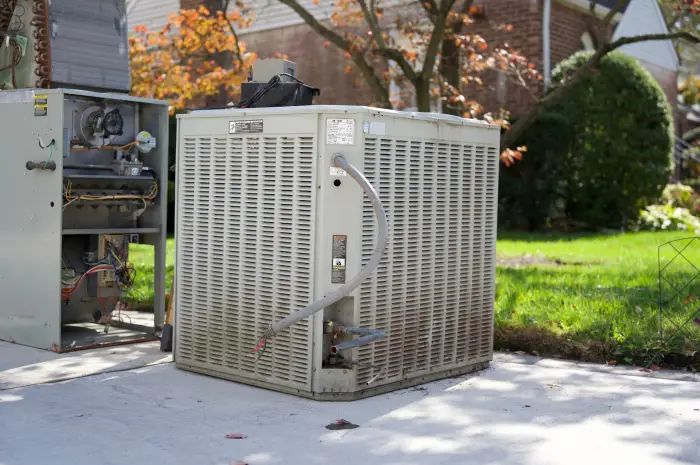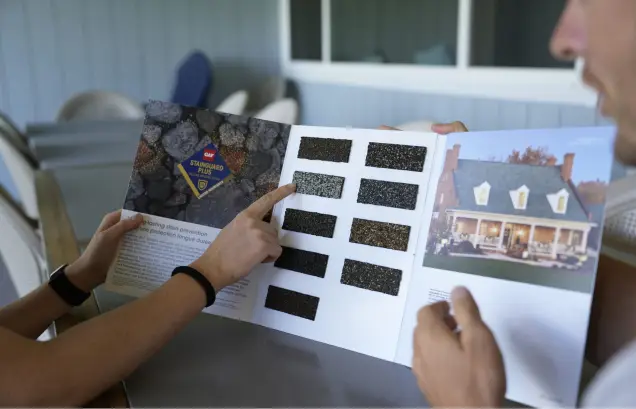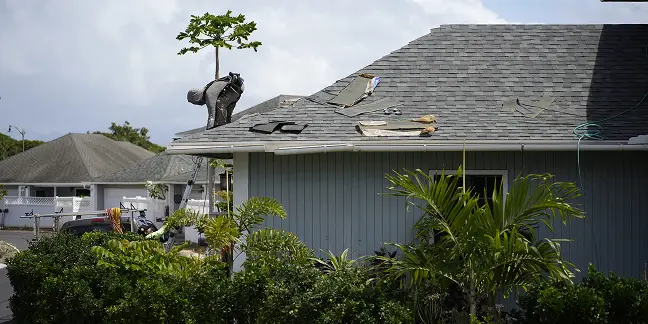Your HVAC system is the unsung hero of your home, working tirelessly to keep you comfortable year-round. But like any major appliance, it doesn’t last forever. If you’ve been postponing replacing your aging HVAC system, you might be paying more than you realize.
Rising Energy Costs
An outdated HVAC system is often an inefficient one. As systems age, their ability to regulate temperature and consume energy diminishes. This leads to:
- Higher Utility Bills: Older units work harder to maintain the same temperature, using more energy in the process.
- Inconsistent Comfort: Struggling units can leave some rooms too hot or too cold, making your home less enjoyable.
By upgrading to a modern, energy-efficient system, you can significantly lower your energy consumption and your utility bills.
Frequent Repairs
Aging HVAC systems often come with a hidden price tag: repair costs. Here’s why those frequent fixes may not be worth it:
- Mounting Expenses: Small repairs can quickly add up, sometimes surpassing the cost of a new unit.
- Uncertainty: Even after a repair, an older system is more likely to break down again, often at the worst possible time.
- Limited Lifespan: If your system is nearing the end of its typical 10-15 year lifespan, repairs are only a temporary fix.
Replacing your HVAC eliminates the guesswork and long-term financial drain of constant repairs.
Poor Indoor Air Quality
Your HVAC does more than control temperature; it also plays a crucial role in maintaining healthy air quality. Older systems often struggle to effectively filter dust, allergens, and pollutants. This can lead to:
- Health Issues: Poor air quality can intensify allergies, asthma, and other respiratory problems.
- Excess Humidity or Dryness: Failing systems may not regulate humidity properly, leading to mold growth or excessively dry air.
A modern HVAC system can improve your home’s air quality, providing a healthier environment for you and your family.
Environmental Impact
Running an outdated, inefficient HVAC system doesn’t just cost you more; it also takes a toll on the environment. Newer systems use less energy and rely on eco-friendly refrigerants, helping to reduce your carbon footprint.
By replacing your old unit, you’re not only saving money but also contributing to a more sustainable future.
Decreased Home Value
An outdated HVAC system can deter potential buyers if you plan to sell your home. Modern, energy-efficient systems are a desirable feature and can:
- Increase Your Home’s Appeal: Buyers are more likely to choose a home with a reliable HVAC system.
- Justify Higher Asking Prices: A new HVAC system can be a strong selling point, offsetting replacement costs in the sale price.
The Bottom Line
Delaying the replacement of your HVAC system can cost you in more ways than one. From rising energy bills to frequent repairs, poor air quality, and environmental impact, the hidden costs add up quickly.
If your HVAC system is showing its age, it might be time to consider an upgrade. A new system can save you money, improve your comfort, and even increase your home’s value. And when you bundle your HVAC upgrade with solar, you can take those savings even further by reducing your reliance on utility companies and locking in lower energy costs.
Looking for expert guidance? Attyx is here to help. Contact us today to explore energy-efficient options tailored to your needs.





